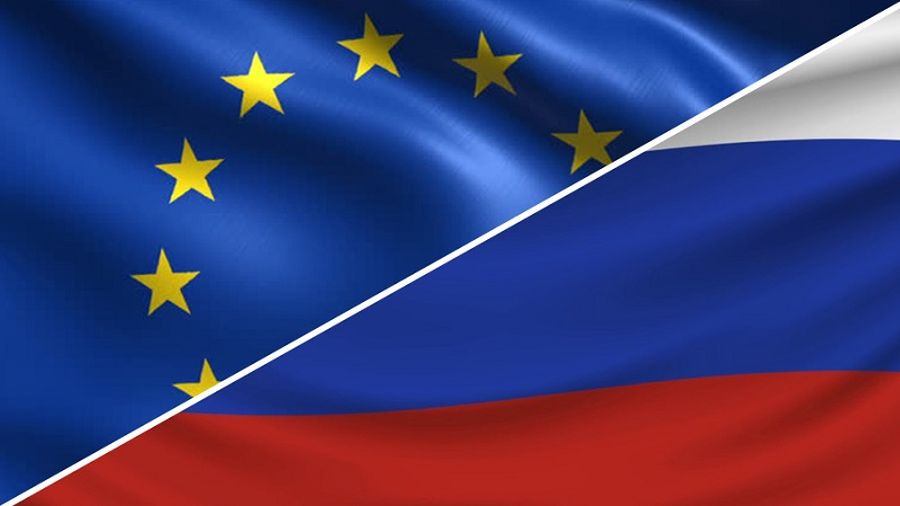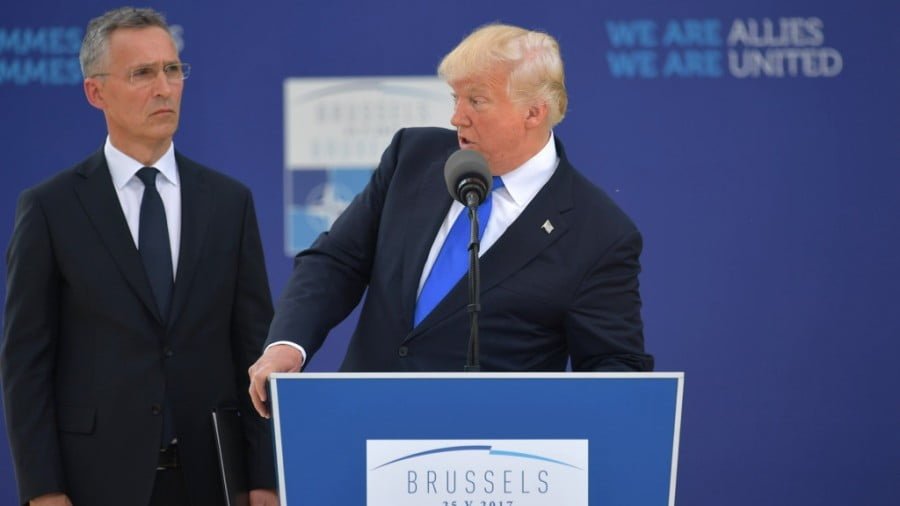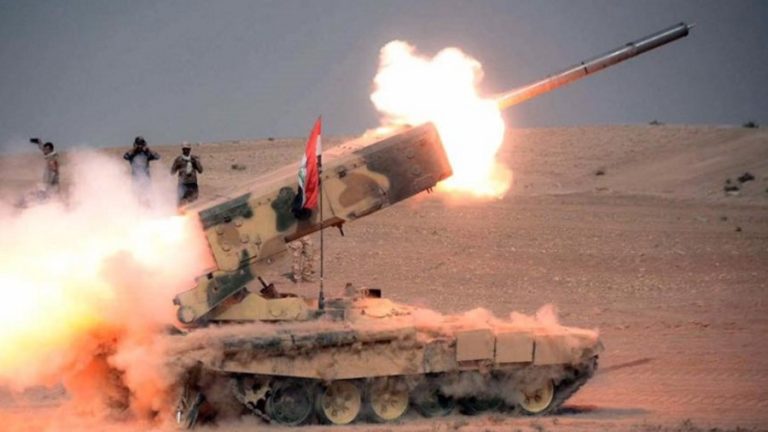Russia Will Rescue Europe From Its Energy Crisis
Far from weaponizing energy to let Europe freeze out of supposed geopolitical spite, Russia has used its energy exports during this time of crisis as a tool for repairing bilateral relations and improving how its partners’ publics perceive of it.
The US-propagated false information warfare narrative that Russia allegedly weaponizes its energy exports to Europe was put to rest after the Eurasian Great Power promised to ride to its neighbors’ rescue to help them survive the current energy crisis. In fact, despite previously fearmongering about the Nord Stream II pipeline that was ultimately completed, the US itself was importing more oil from Russia than ever before to the point that Bloomberg (which cannot credibly be considered a Russian-friendly outlet, let alone one that spews so-called “pro-Russian propaganda”) was forced to report in August that “Russia Captures No. 2 Rank Among Foreign Oil Suppliers to US”. This surprising fact is confirmed by the US Energy Information Administration’s own statistics from their official website.
Outgoing German Chancellor Merkel, who’s regarded as the most powerful and influential force in the EU, said that Russia is fulfilling all of its contracts and isn’t to blame for the bloc’s energy crisis. Russian President Putin earlier attributed the spike in energy costs to an hysteria and mess on the market caused by inaccurate speculations and the mismanagement of many countries’ de-carbonization transitions. He also said that the European Commission made a mistake switching from long-term gas contracts to spot trading. The Russian leader then reaffirmed that Gazprom never refused to increase gas supplies when requests where in place and instructed his Energy Minister to ensure that transit through Ukraine is maintained. All of these developments prove that Russia is the EU’s most reliable energy partner.
The recently completed Nord Stream II gas pipeline and the earlier completed Turkish Stream one will greatly contribute to the bloc’s energy security, especially in terms of helping it survive the ongoing crisis. The US’ opposition to both projects was self-serving and intended to pressure its partners into relying on its much costlier and comparatively less reliable LNG exports. The whole world now sees that it would have been counterproductive had the EU fully complied with America like its patron wanted. Thankfully there still remain some US allies which retain a semblance of strategic sovereignty and understood the wisdom in expanding energy ties with Russia despite American pressure to curtail them.
This all proves several important points. First, it’s the US that’s an unreliable partner for Europe in all respects, not Russia. The Eurasian Great Power is rushing to its neighbors’ rescue, but this wouldn’t have been possible had its partners fully complied with the US’ pressure to curtail and ultimately cut off energy ties with Moscow. Therein lies the second point, namely that the US was the one that sought to weaponize energy exports on politically Russophobic pretexts in order to make the EU dependent on its costlier and less reliable LNG exports. The third point is that the US employed false information warfare narratives in pursuit of that failed end, which should further reduce its credibility in the eyes of the European public in hindsight.
Going forward, this same European public should hopefully come to realize that the politically Russophobic beliefs that some of them regrettably espouse were the result of the US’ information warfare campaign against them. Far from weaponizing energy to let Europe freeze out of supposed geopolitical spite, Russia has used its energy exports during this time of crisis as a tool for repairing bilateral relations and improving how its partners’ publics perceive of it. The American and Russian approaches to so-called “energy diplomacy” therefore couldn’t be more different since the former regards these means as a weapon towards the end of dominating its “partners” while the latter sees it as an opportunity to improve relations, perceptions, and standards of living.







